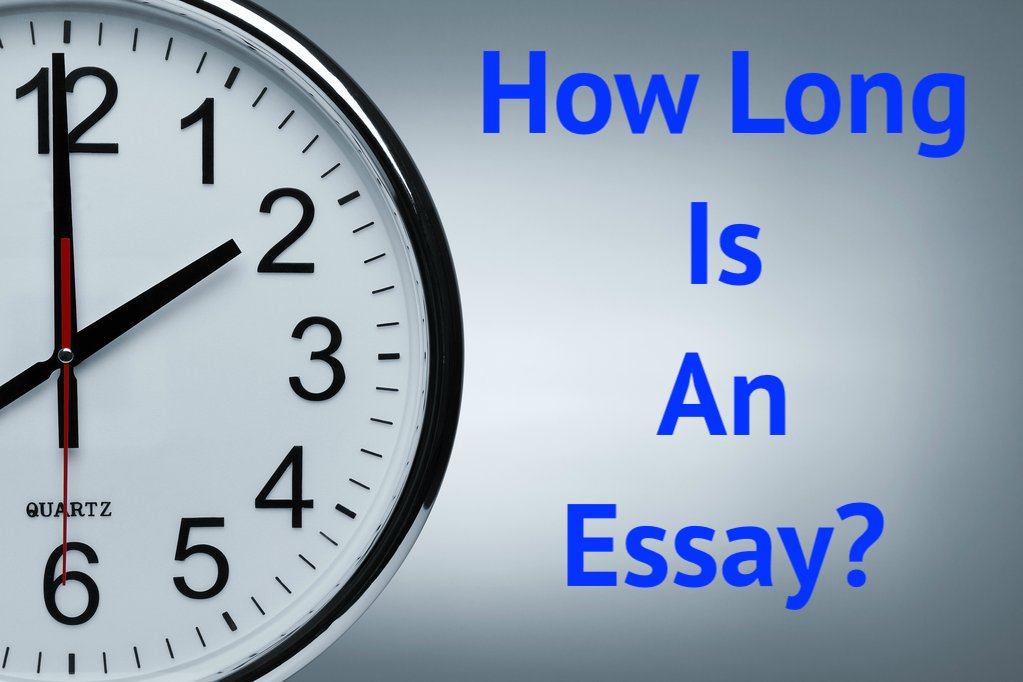How Long Is An Essay?
Nowadays, knowing how to write a text precisely according to the meaning and the object with which it is carried out is vital. Understanding the form in which a text should be written allows showing the ideas contained in a harmonious, consistent, and reasonable way for the target readers that are going to read it.
One of the many types of text that we can find is the essay, which has a specific structure that we detail below.
Before we get to the point, what is an essay?
If you want to know how to structure an essay and know how long it should be, it may be useful to clarify what type of text we are talking about.
We understand by essay all the text in which the reader, through prose, expresses, investigates, and deepens on a specific theme. As a prevailing rule, it implies an investigation about the subject reviewed and a more or less clear presentation of what has been analyzed, pretending to be an informed text. They tend to offer an analysis and point of view concerning an aspect of reality, little known or that presents a discussion. The essay is a literary genre much appreciated and valued as a way of transmitting information and knowledge.
But that does not mean that every essay is an objective and totally reliable work. Although it is intended to make an in-depth analysis of a subject, it must be borne in mind that, in many cases, the information offered may be skewed. By acceptance or even based on their reasons, they may also become motivated by personal interests.
 Structure of an essay
Structure of an essay
A literary essay is an attempt to explain or describe a particular appearance of reality, enabling the reader to understand both the problem and the reasoning used to explain it. All essays usually present a reasonably clear structure, which is articulated around an introduction, a development, and a conclusion.
1. Introduction
Because in it, the author will make clear what the subject is that he is going to approach what his thesis is and his main lines of argument. It represents 10% of the entire essay. In it, the problems of the subject in question, reflections of the author, readings of other authors, etc. can be raised. It is the fundamental part of the essay, where the author will make clear what the topic he is going to approach and what his central arguments about it are throughout the text.
It also reflects the primary position that is adopted or the perspective in which it will work. You can raise the issues of the subject in question, reflections of the author, readings of other authors, what is intended to be achieved, or the hypothesis that has generated the investigation.
2. Development
It is the main body of the text. Here the author exposes and analyzes the topic he has chosen in-depth. He presents his ideas and arguments based on other sources such as magazines, interviews, books, and even online sources.
This should be argued through secondary explanations and be encouraged by accurate data obtained from other sources of information but also from their own assessments and opinions. Through the development, different aspects that each author has valued, like ideas and reasons that are given in his testimony and/or against him, are deepened. All the ideas presented must be well intertwined, and the essay is consistent.
Although global, the essay in its entirety must be reliable, it is in the development in which the author can offer his point of view in this regard. It is the most substantial part since it occupies 80% of the essay. Besides, it is necessary to synthesize and summarize all the content because even if it is the fullest part, it should not be tedious.
3. Conclusion
The final part of the essay. The conclusion summarizes the most important idea or ideas in the text. Those that the author wants to highlight above others. Thus, it will clearly show what your position is by quickly listing the most critical arguments given in the development.
The key ideas that have been treated during the body of the text should appear, setting the most influential relationships between the topic explained and the argument effected. No extra information should be provided, although possibilities for improvement can be established as far as research on the subject is concerned.
In case of providing new data, confusion can be created about whether the text has been well understood, not remembering having read that kind of argument.
How long must the essay be?
Although the subject can be very varied, in general, the essays must be relatively short texts. It must have a little reflection and think about the issue, they can be written approximately between 500 and 1000 words.